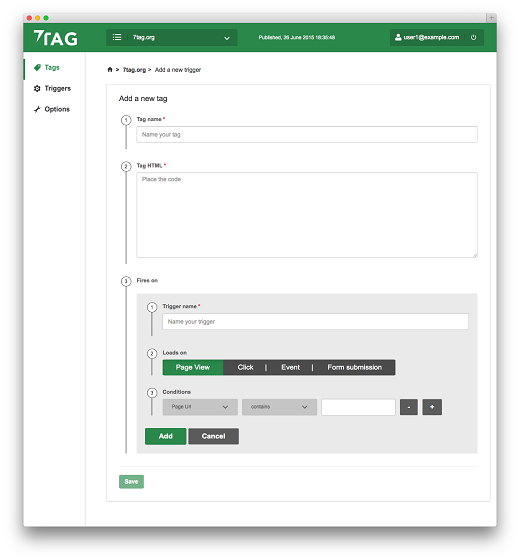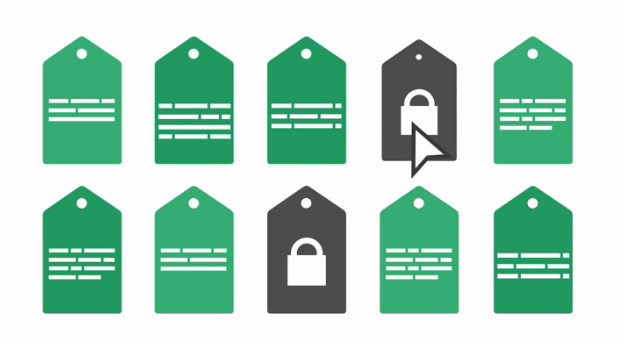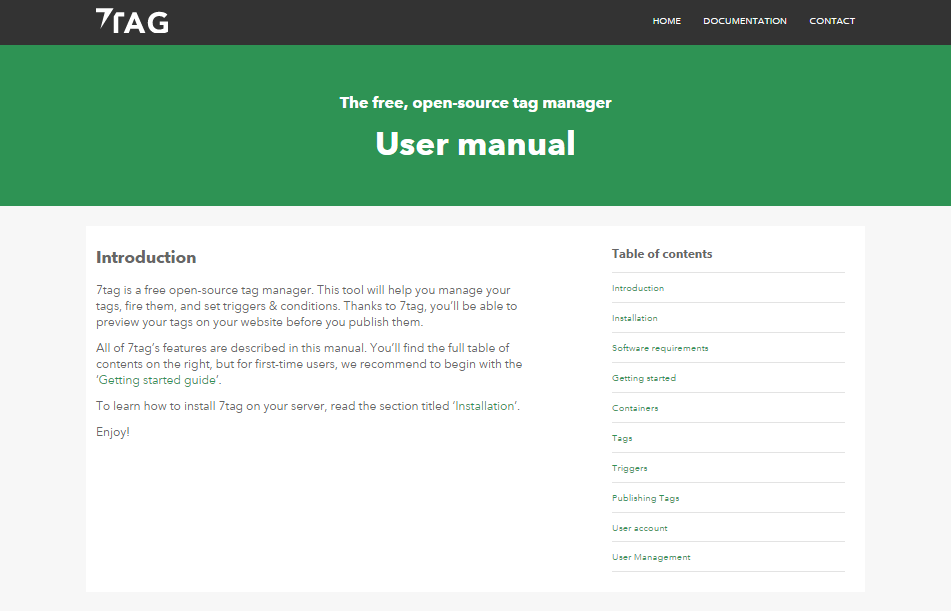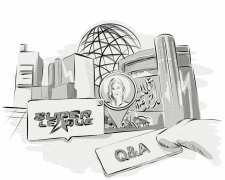Long gone are days when the value of open-source software was doubted or questioned, to the extent that now even governments and corporate clients are increasingly integrating open projects into their business technology. Is marketing going to be yet another industry to ditch proprietary technology in favour of open-source tools? The Clearcode team, who are behind the recent release of 7tag – a new tag manager, hope and plan to devise a fully open-source marketing stack.

Why Open-Source?
“Open-source has been critical to our professional work and solutions developed for our clients,” says Maciej Zawadziński, CEO of Clearcode. “Now it’s time to give back and contribute to the open ecosystem with yet another promising project. Open-source tag manager seemed quite a natural direction for our team, as we deal with marketing tech on a daily basis. Our clients usually require custom solutions, and there was a lack of a robust, open-TM tool with an easy-to-use interface and self-hosted options, too”, he adds.
Why Should Marketing Tech Go for Open-Source?
Efficient marketing is critical to the growth and development of companies and organisations. There are plenty of tools to support marketing efforts, yet many of the solutions are either costly, or their freemium versions don’t contain the most vital features. Does it mean that smaller organisations with less funds should be deprived of professional solutions? No, that’s where the open-source software and values come in handy, with communities believing that everyone should have access to the best intelligence, regardless of their ability to pay.
But the growing popularity of open-source is not just about driving costs down, the research by Ponemon Institute and Zimbra demonstrates. Seventy-four per cent of EMEA IT professionals agree that open-source software offers better business continuity, enhanced quality, data security and privacy options.
“With transparency and making the source code available to anyone for free, project communities continually improve their models and final products. That’s why we started using open projects and never looked back. We hope many will find 7tag useful,” Zawadziński says.

What Does a Tag Manager Do?
Let us clarify that by a tag we mean a snippet of code added to a page to operate a variety of online-marketing tools, such as web analytics, retargeting, A/B testing, conversion tracking, etc. Tags used to be implemented by IT departments, but with the growing need to add, alter, or remove the code by marketers on a daily basis, the old ways are simply not efficient anymore. With a tag manager, marketers can easily implement and control all the tags on the websites they manage without need for a deep technical know-how. The platform also lets them define triggers and conditions to fire or limit tags, as well as test and debug the code before it goes live.
Like Proprietary, but Better
Similar to the majority of tag managers, 7tag aims to be compliant with all major content-delivery networks (CDNs) and will fire all types of JavaScript and pixel tags on both modern and legacy browsers. It will be possible to create numerous user accounts and set granular permissions for viewing, editing, and publishing tags.
What makes 7tag different is that anyone will be able to download, use, and expand upon the software, as well as incorporate it into custom solutions, including commercial ones. 7tag will have no data limits, allowing users to manage an unlimited number of containers, tags, and conditions, and to process large volumes of traffic.
As a self-hosted tool, it won’t share any data with third parties, and will allow users to take extra security measures by limiting access to the server.

The Dream of a Fully Open-Source Marketing Stack
Nurturing a sustainable open-source community around 7tag will certainly be one of the first challenges on the road towards a full open-source marketing stack. Maciej Zawadziński admits that Clearcode team would like to create a whole suite of martech products to support marketers in their daily work.
“It’s a dream of a rather long-term nature,” Zawadziński jokes. “We’re a startup, so open-source contributions are completed on top of our billed day-to-day work, but it’s great to have this type of challenge in perspective.”






